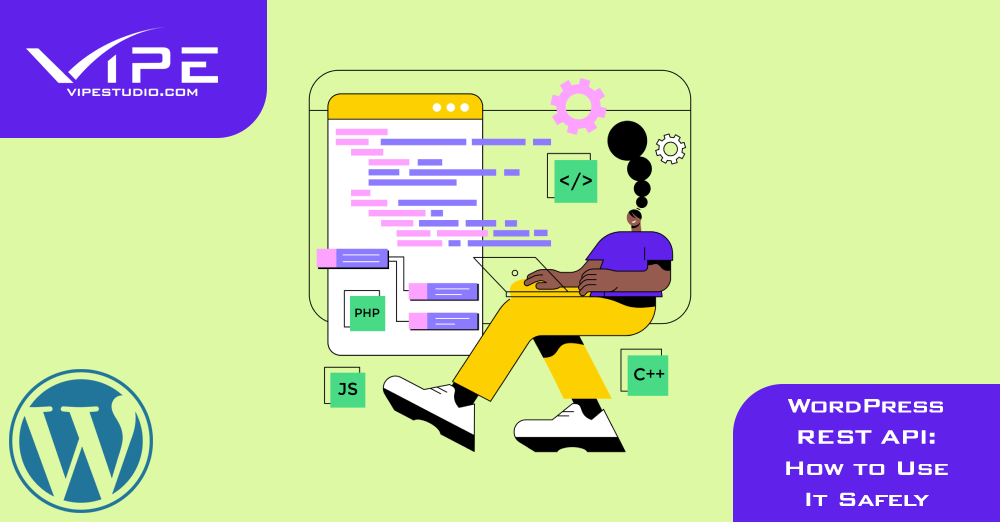28.01.2023
WordPress Development
WordPress REST API: How to Use It Safely
READING TIME: MIN
Table of Content
Do you have experience in building websites with WordPress? If yes, you may be familiar with the term REST API. Many of our clients from our Enterprise WordPress Agency for Development are familiar with this term.
This new API system will help you to expand all of the features of WordPress. The REST API can make it simple for the developers to be connected with other sites or applications.
On this page, our experts from our Enterprise WordPress Agency for Development will help you learn about some basic things from this REST API. We will ensure that you can use the REST API in a risk-free way as well as possible.
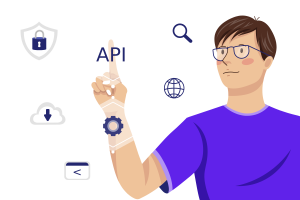
1. Use HTTPS
This is a good practice that you can do for using the REST API securely. HTTPS is going to use a secure and also encrypted connection. This system will generate a random access token, instead of the authentication credentials.
It will encrypt all data that is sent. Therefore, it can be used to make the system secure. You can enable this HTTPS system by setting up the integration server to start using SSL, creating a new public key integration or PKI, and also enabling the HTTPS in the description of REST API.
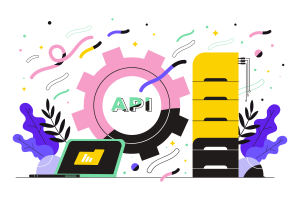
2. Install a Plugin
Based on our experience at our Enterprise WordPress Agency for Development, this plugin can be used to help you increase your overall site security. We recommend you install the REST API Toolbox. This is a user-friendly tool that can help you secure your website.
When using this plugin, it can be used to disable the API system for all of the particular users, request authentication before any users can get access to the core endpoints, force SSL connections, and also remove core endpoints.
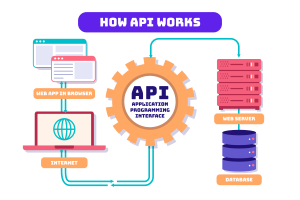
3. Use the Stateless REST API
Our experts from our Enterprise WordPress Agency for Development can recommend you keep your REST API stateless. It means that you will never store any authorizations or authentications with cookies.
You can also make them available within sessions. Statelessness is very important to ensure good ongoing security. The client needs to enter the information every time they have any request. Nothing important data is stored on the system.
It can be complicated for certain users. If you don’t have a lot of experience in dealing with this step, you can always call us at our Enterprise WordPress Agency for Development.
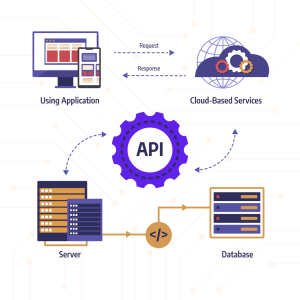
4. Use Password Hashing
It is also a good idea for you to do password hashing in all of your WordPress databases. This password-hashing step means that you are going to turn those passwords into strings of characters that you are not able to read.
Once the password can be hashed, it cannot be reverted to its original format. When the user breaches your system and also accesses your database via the REST API, all of the passwords will have an additional layer of security.
Based on our experience at our Enterprise WordPress Agency for Development, this step can be considered as one of the best security tips for all WordPress users.
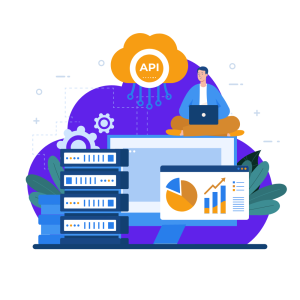
5. Use the Disable WP REST API Plugin
This is another recommended plugin that you can use now. This plugin will enable you to prevent all users from using the API system when they are not logged into WordPress.
This plugin will prevent visitors or other unknown entities from getting access to your data and also abusing it. By using this step, you are able to ensure that the authenticated users are the only ones who have access to the interfaces.
It is very easy and straightforward for you to use this plugin. It only has 22 lines of code, so it can be used quickly and efficiently when you use this plugin.

Use WordPress REST API Safely!
Overall, you need to keep the API system as simple as possible, in order to keep everything safe.
The more complicated you design the security mechanisms in your WordPress, the more likely it will be that you can leave a hole that will expose you to any attacks.
Contact our professional experts from our Enterprise WordPress Agency for Development when you want to use the REST API safely, we can keep your website safe and secure.
More on The Topic
- Navigating WooCommerce Performance: Real-World Strategies
- The Role of AI in WordPress Development Workflows
- Optimizing WordPress for Enterprise: Beyond Basic Caching
- WordPress and Headless Commerce: A Provocative Dilemma
- Decoupled WordPress Architecture: The Future or a Fad?
Tags: REST APIREST API functionalityREST API integrationRESTful APIWordPress REST API
The content of this website is copyrighted and protected by Creative Commons 4.0.


